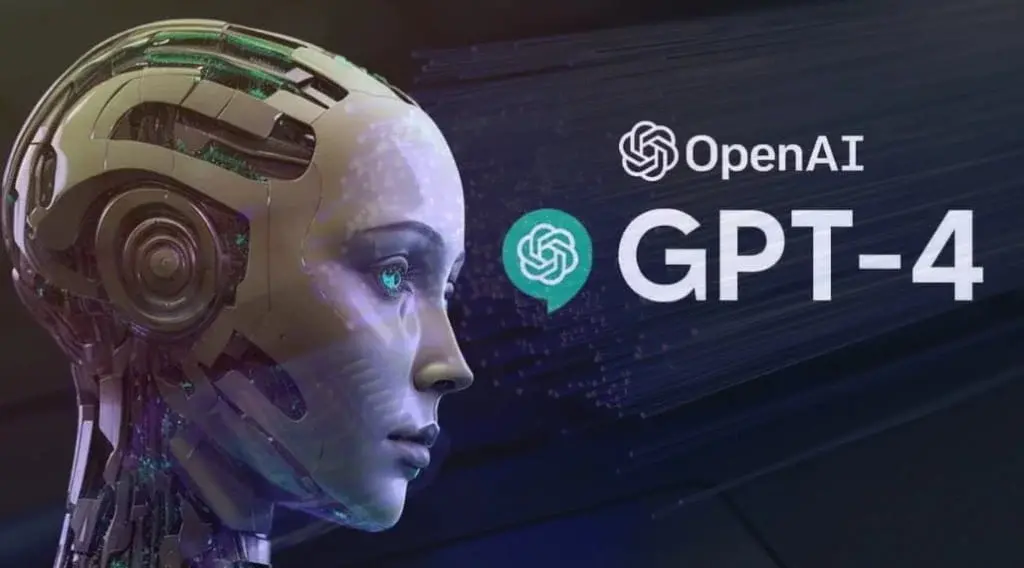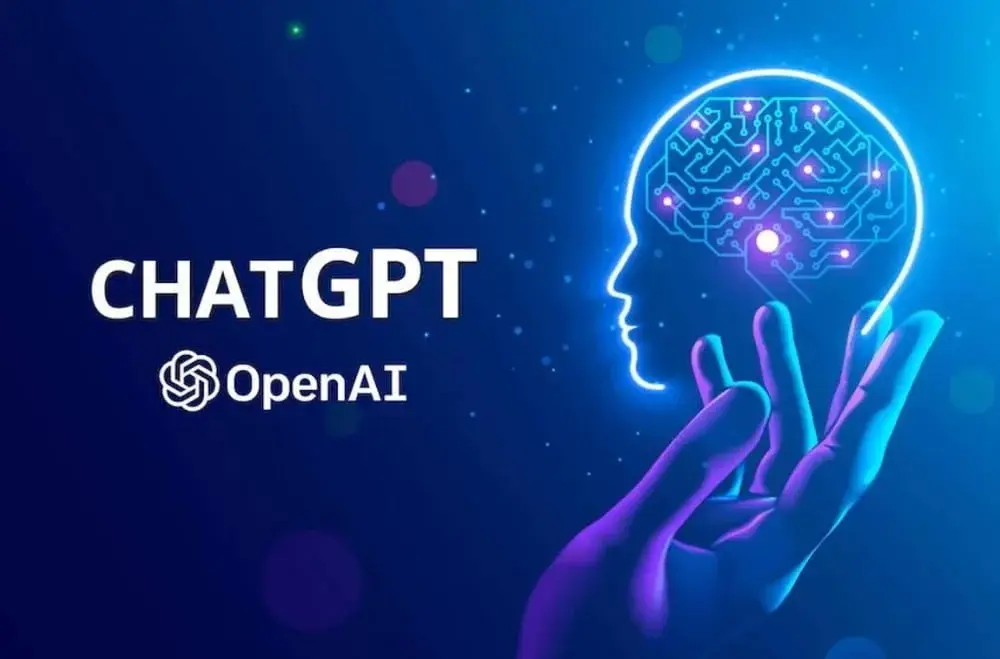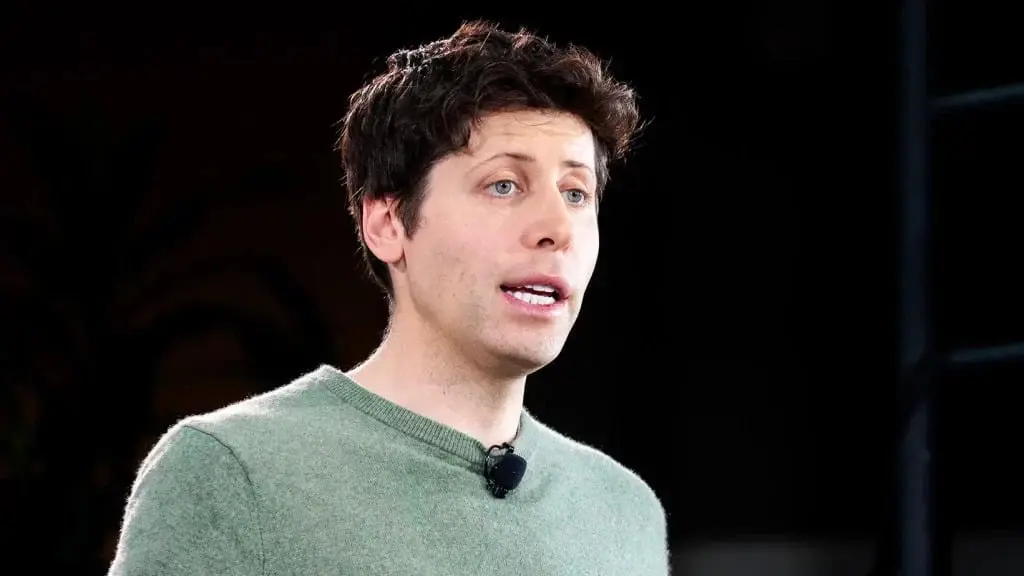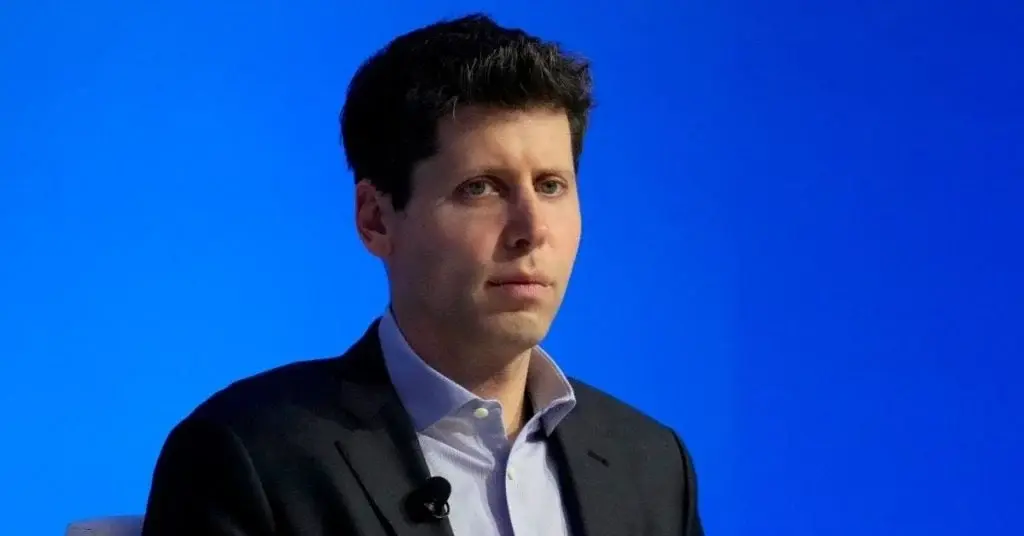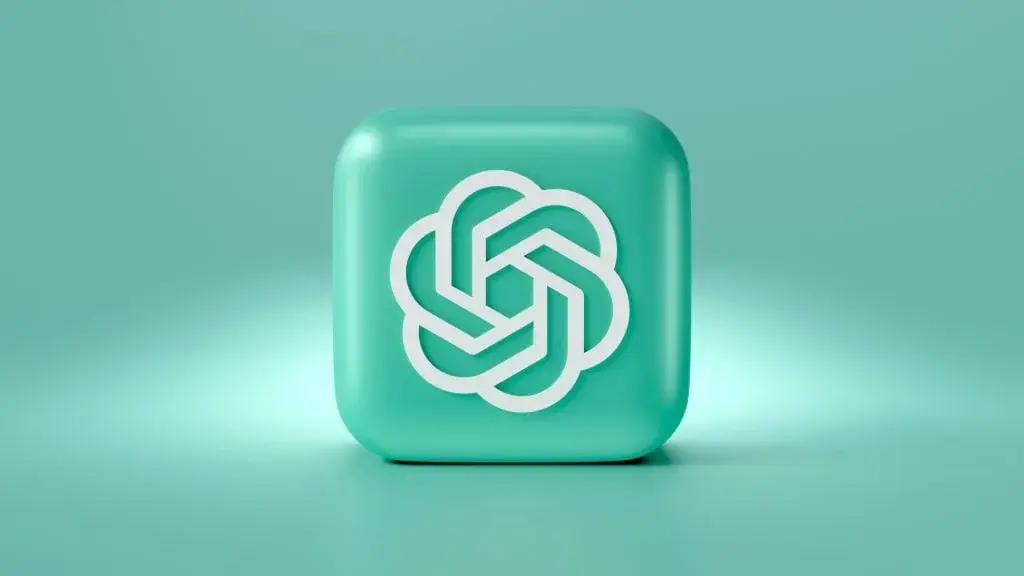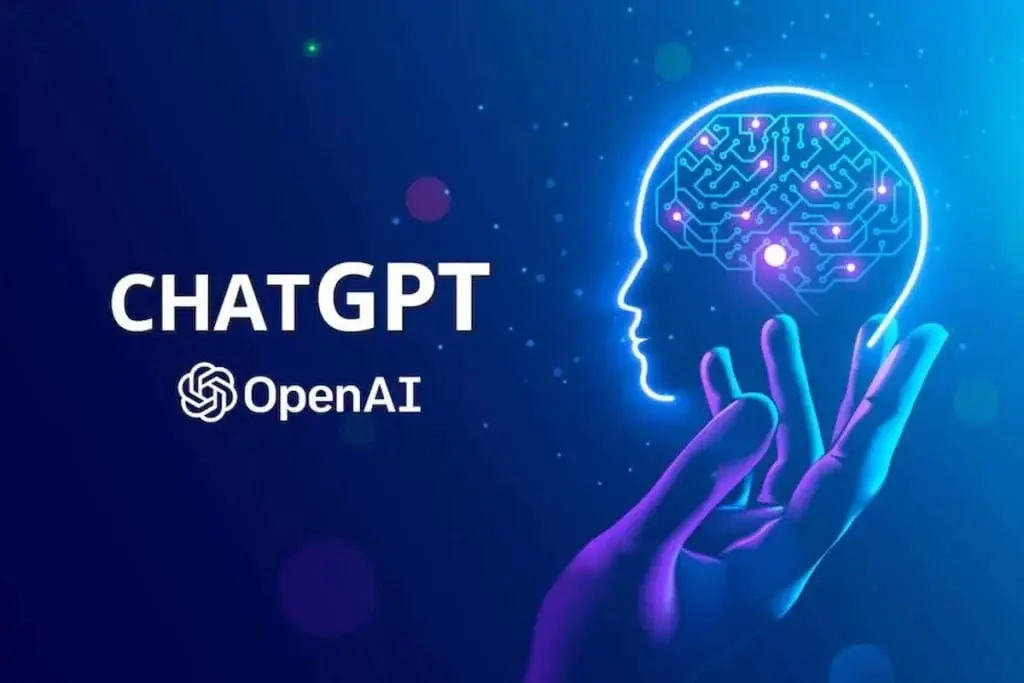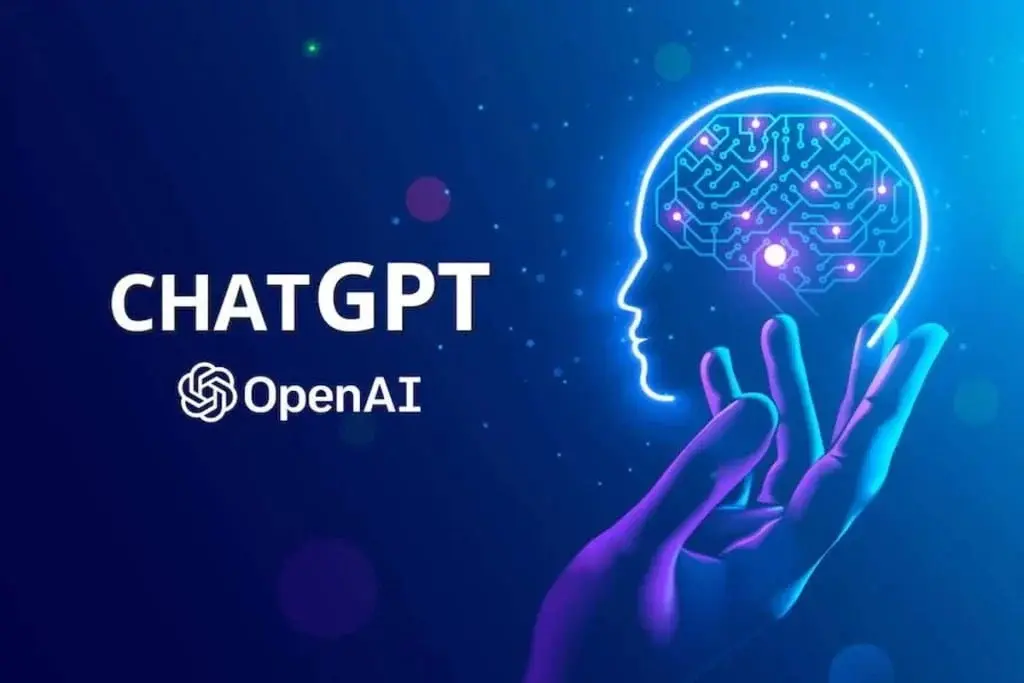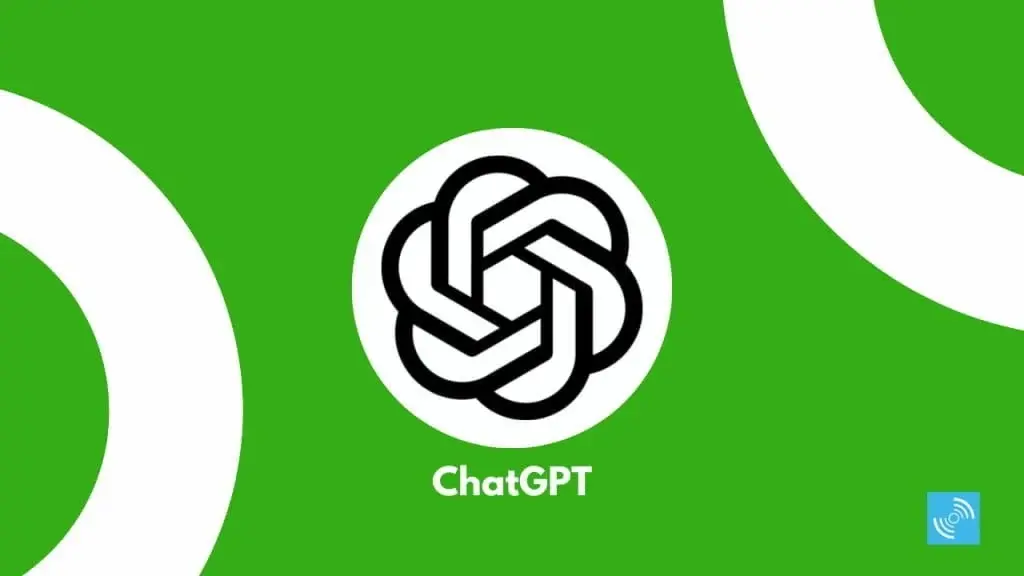OpenAI Reportedly Achieves a Momentous AI Advancement with Alarming Implications
The integration of artificial intelligence (AI) into various aspects of society is rapidly growing. While many applaud this as a positive stride towards human advancement, there exists a faction that perceives it as a looming menace. Recent reports from OpenAI, a prominent AI organization, suggest a spine-chilling revelation of a "potentially ominous AI breakthrough imperiling humanity." Let’s delve deeper into the unsettling details of this disclosure.
Progression at OpenAI
OpenAI, renowned for the creation of ChatGPT, has encountered a turbulent period. Initially, the company’s CEO faced removal by the board of directors, only to be reinstated later amidst mounting pressure. These unfolding events left many bewildered, struggling to grasp the unfolding narrative. Unraveling the mystery, it appears that a revolutionary finding, with catastrophic repercussions, stands at the core of the controversy.
The Unveiling of the "Q" Model
As OpenAI has been actively developing multiple AI models like GPT-3.5 and GPT-4, a distinctive model known as Q emerges. Unlike the familiar ChatGPT or Bard, Q defies conventional AI standards, likened to a technology plucked straight from science fiction realms, showcasing prowess in executing intricate operations.
Staff Concerns Emerge
A faction of OpenAI personnel perceives Q as an advanced technology possessing an unsettlingly elevated intelligence level. The apprehension lingers that this AI could ascend to a perilous level of intelligence, posing a direct threat to humanity. Perturbed by this revelation and the CEO’s handling of the matter, these employees escalated their concerns to the board of directors. Following deliberations with CEO Sam Altman, the board opted for his dismissal, citing a lack of earnestness in addressing the potential hazards.
Ongoing Speculations
Presently, all information remains steeped in speculative conjecture, with OpenAI maintaining a guarded stance on the issue. The precise capabilities of Q and the reasons underpinning the profound trepidation surrounding it remain shrouded in ambiguity. However, a singular certainty emerges: the dystopian calamities that captivate us in cinema may not be as far removed from reality as previously assumed.
Epilogue
OpenAI’s recent breakthrough in AI has sent shockwaves through the community. With employees resigning and sounding alarms over an AI innovation with potential threats to humanity, it underscores the inherent risks accompanying the advancement of artificial intelligence. While the exact contours of this discovery remain cloaked in secrecy, it resonates as a poignant reminder that the apocalyptic scenarios painted in science fiction narratives could someday materialize. Thus, it is imperative for institutions and scholars to meticulously contemplate the ethical quandaries and potential hazards entwined with the onward march of AI technologies.


